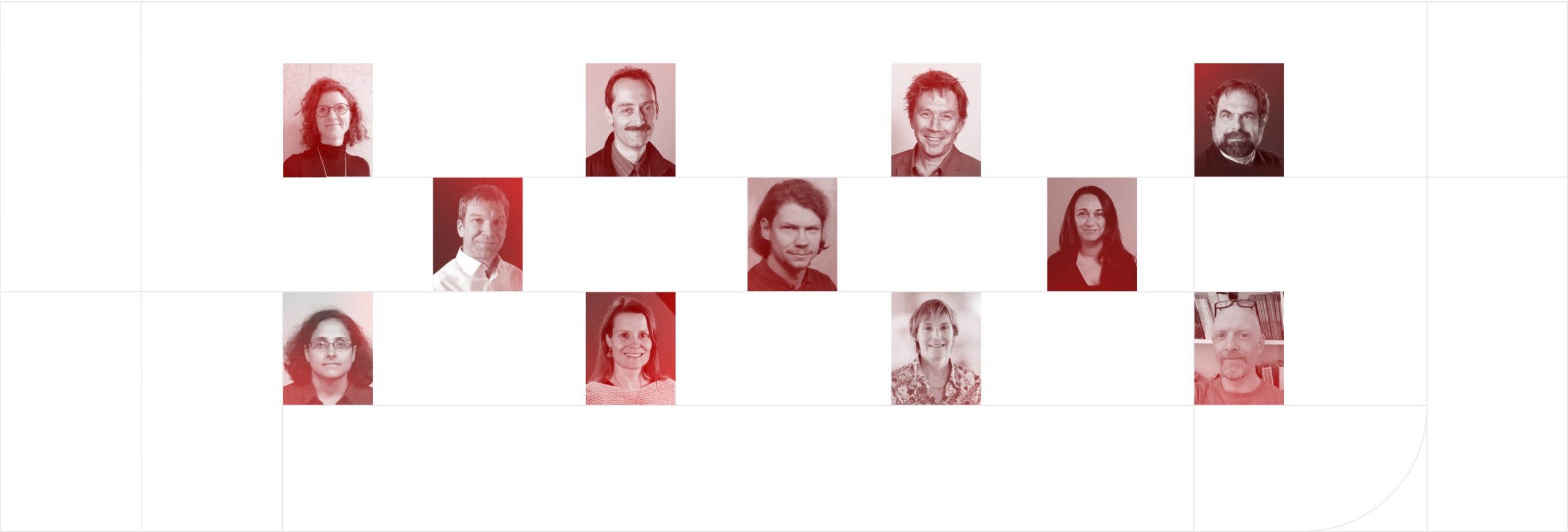Mission
Die Zukunft der Bildung kann nicht einfach beschlossen werden. Sie muss in Zusammenarbeit zwischen Forscher.innen, Praktiker.innen und politischen Entscheidungsträge.innen im Bereich der Bildung konstruiert und erprobt werden.
Um die Bildung kontinuierlich zu verbessern, muss das Design von Lösungen auf dem aktuellen Kenntnisstand basieren und die Auswirkungen der Implementierung müssen empirisch evaluiert werden.
Wir treiben Bildungsinnovationen voran mittels translationaler Forschung
INTERN
Pädagogische Innovation an der EPFL stärken
EXTERN
Bildung verbessern auf der Basis von Forschung
Center LEARN Teams
The Teaching Support Centre offers a large range of services and resources to support all those involved in teaching: teachers, doctoral assistants, post-docs, sections and students. We have an evidence-based, customized and confidential approach. We work with teachers and teaching teams on a one-to-one basis in order to understand their context and to help them generate possibilities which are realistic and constructive, given their content, their goals and their constraints. We see teachers as the drivers of teaching improvement, and we work with teachers to support them in making the best professional judgements. We review international research on teaching and learning engineering and science and this serves as the basis for our work. This means teachers are provided with a solid foundation which they can use when forming their professional judgements. We also work with teachers to collect data from student feedback questionnaires, classroom observations and reviews of course materials. These provide teachers with a strong foundation for making pedagogical judgements. We offer pedagogical support both to teachers that are experiencing problems with a course, and to those who find courses are going well but who would nonetheless like to innovate or improve.

The Center for Learning Sciences facilitates the interplay of edtech and education teams and accelerates the innovation cycle from design to evaluation and adoption in everyday practice at EPFL. The center fosters an evidence-based approach to what we do at the Center for Digital Education, by facilitating sound design and valorising what works through translational research.

We study and design collaborative technologies that help students learn better and become more efficient problem-solvers. We also work on technologies to support teachers in orchestrating such collaborative technology-enabled activities.
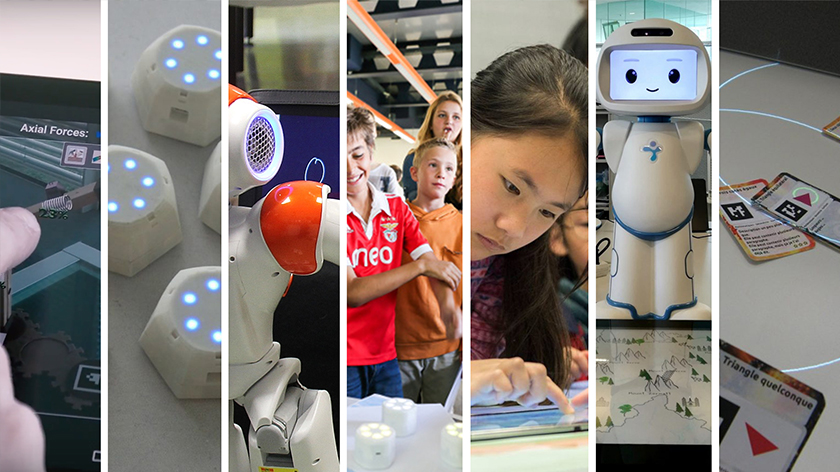
The Swiss EdTech Collider, a not-for profit association founded in 2017 by four EPFL professors, located in the dynamic and vibrant EPFL Innovation Park and in close proximity to LEARN – EPFL’s Center for Learning Sciences in Lausanne, is Switzerland’s first collaborative and membership space dedicated to support ambitious entrepreneurs transforming education and learning through technology (EdTech). To this end it has created a unique ecosystem and network in and around education and education technologies and is an official DIH Digital Innovation Hub of the European Commission, part of the EETN European EdTech Network as well as a member of the EEA European EdTech Alliance.
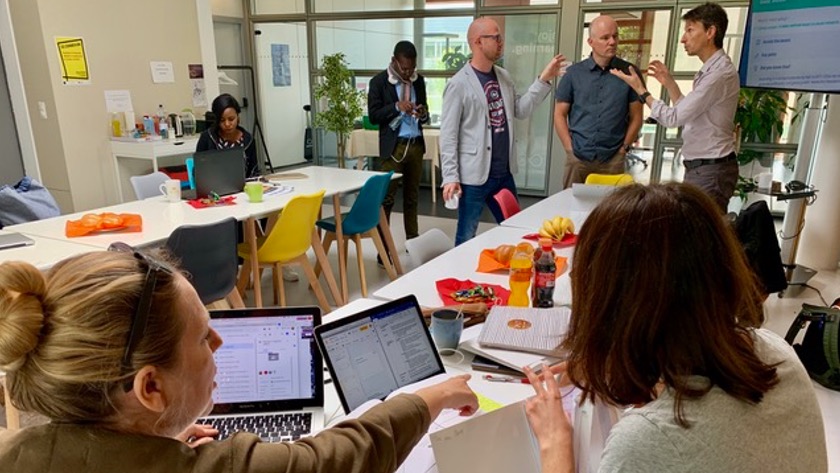
We conduct translational research projects related to pedagogical innovation, in terms of content and curriculum as well as teaching and learning methods. Our approach is participatory and thus heavily based on the collaboration with teachers, students, and decision-makers in the education system, but also experts in different fields. Part of our work is also federating the members of the Center for Learning Sciences.
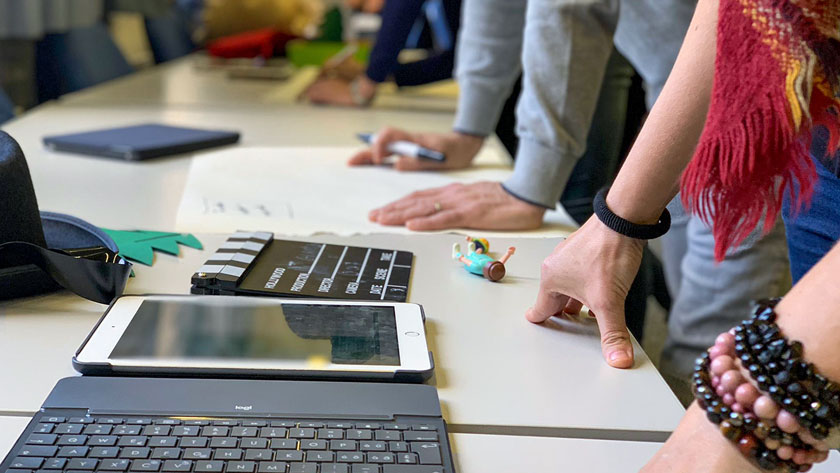
The Mobile Robotic Systems Group (MOBOTS) designs miniature mobile robots for a range of situations with a strong interaction component. One of the fields of interest is educational robotics, where MOBOTS maintains a strong tradition (Khepera, e-puck, s-bot, Thymio) of robot development and large deployment in educational systems at various levels.
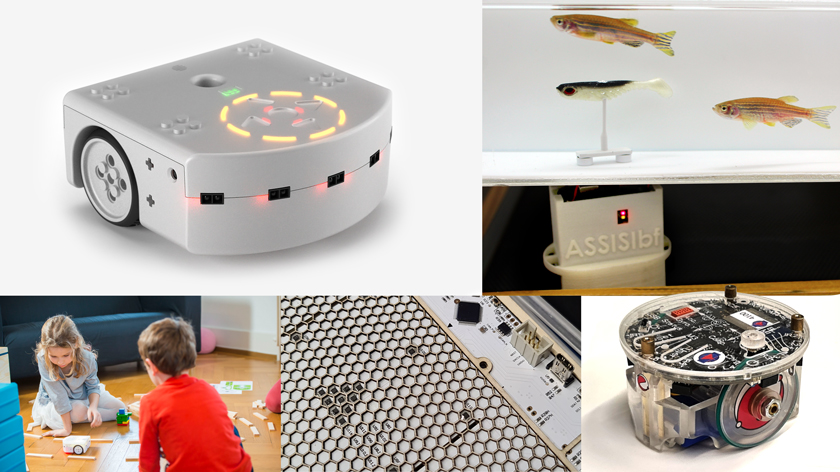
At the Machine Learning for Education Laboratory, we perform research at the intersection of machine learning, data mining and education. We develop novel models and algorithms that enable highly individualized learning tools with the goal to optimize knowledge transfer and to prepare students to think critically and to continue learning on their own.
We are also hosting the Digital Vocational Education and Training Hub (funded by the SERI), which is devoted to research on the digital transformation of vocational education and training (VET).
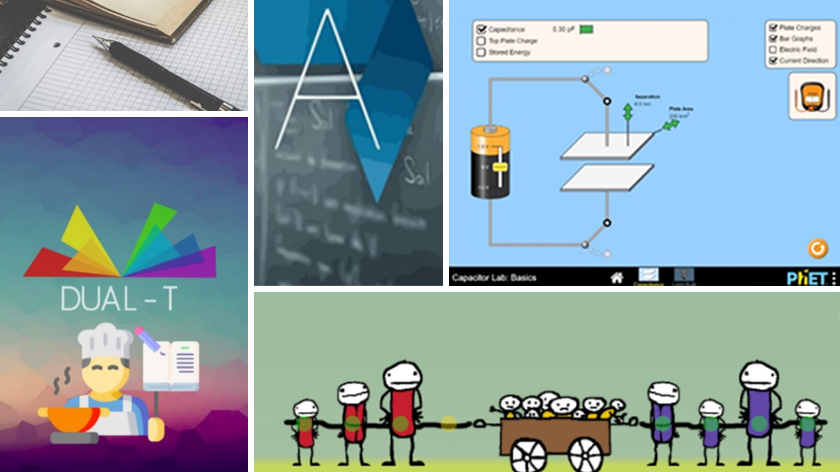
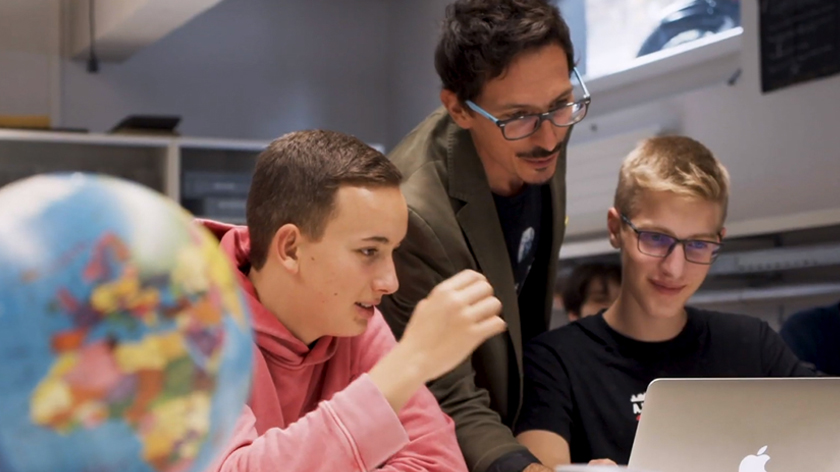
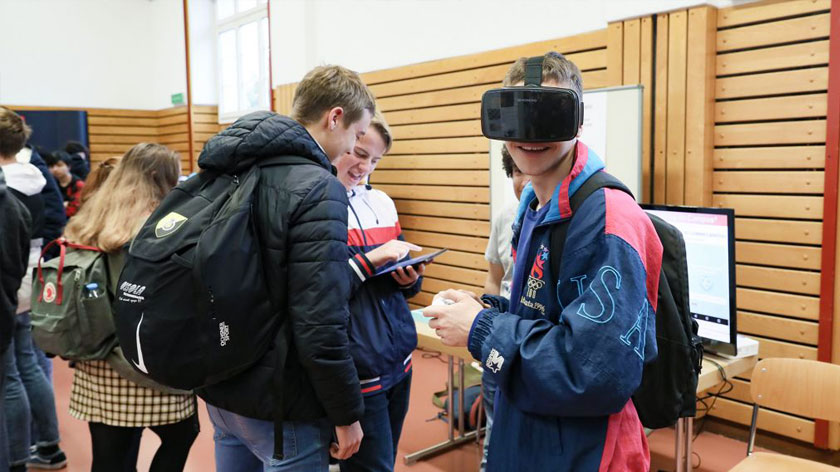
Offene Stellen
Kontakt
MANAGEMENT
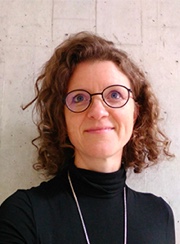
Dr. Jessica Dehler Zufferey
Operative Leiterin
Center for Learning Sciences (LEARN)
Ecole Polytechnique Fédérale de Lausanne (EPFL)
E-mail: jessica.dehlerzufferey@epfl.ch
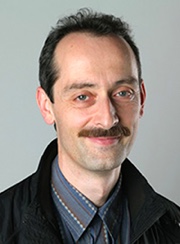
Prof. Francesco Mondada
Akademischer Direktor
Center for Learning Sciences (LEARN)
Ecole Polytechnique Fédérale de Lausanne (EPFL)
E-mail: francesco.mondada@epfl.ch
